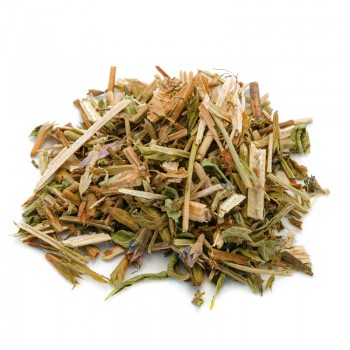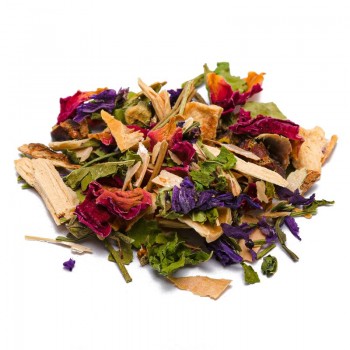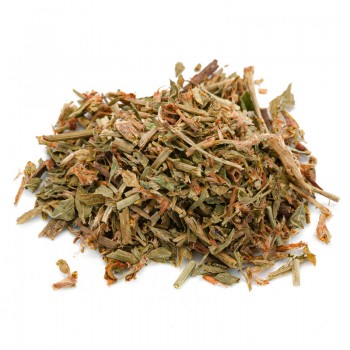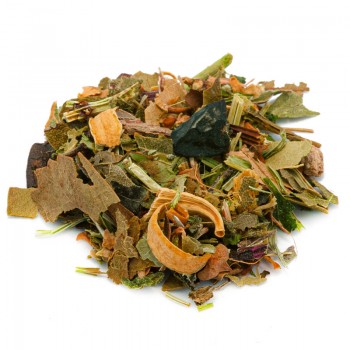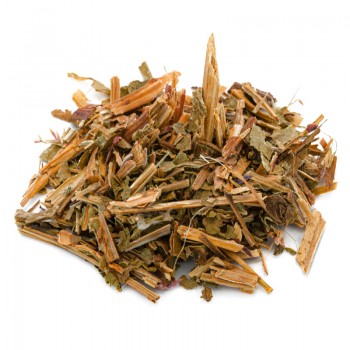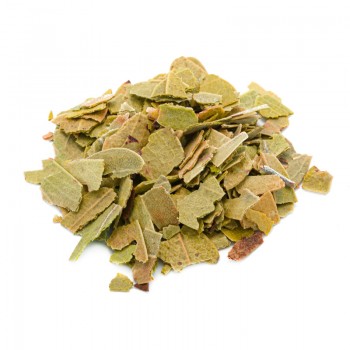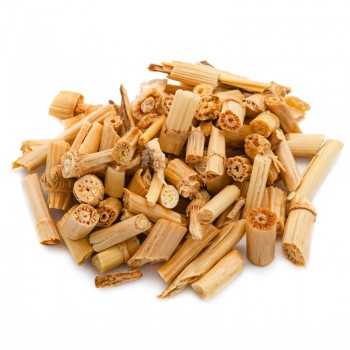This plant, also called rust grass or Cedracca (from the scientific name Ceterach officinarum), is used whole for purifying treatments directed towards the urinary tract (stones) and anti-inflammatory for ailments bronchial.
There are also other benefits for our health, the herbal tea of stonebreaker.
Stonebreaker grass: properties and benefits
The plant has been known since ancient times for its beneficial properties against stones.
For centuries it has been used in the Mediterranean as a beneficial infusion that helps those suffering from dysuria (difficulty and pain in urination), when calcium oxalate is present, accumulated in the form of stones in the urinary tract.
Even today, the use of stone-breaking herb is one of the most widely used natural remedies in some parts of the world, to eliminate obstructions that can form in the urinary tract. It soothes pain and promotes the expulsion of small stones, both in the kidneys and in the bladder.
As an anti-inflammatory plant, in fact, it reduces irritation and spasms of the urinary tract, and soothes pain.
Furthermore, stone-breaking herb is slightly laxative, and in its diuretic function it also has a guaranteed detox effect. As a diuretic, it can be useful to naturally support treatment in case of renal failure, and helps reduce blood pressure.
Protects and purifies the liver, favorably acting on the functioning of the gallbladder. It is also traditionally used to maintain the well-being of the spleen.
This function occurs because it increases digestive enzymes and, therefore, helps to combat bile problems, colic and liver disease.
Thanks to its purifying activities, it can improve digestion: it counteracts tissue inflammation and calms intestinal spasms. It has also been used to hinder and eliminate intestinal worms.
It can also help prevent painful colic in the case of existing kidney stones. To protect against the formation of kidney stones, we recommend taking the herbal tea for a limited time of 5 consecutive days.
At the same time, the stonebreaker tea works as an anti-inflammatory to soothe coughs and congested bronchi - particularly in the syrup version. In ancient times it was applied externally with rubbing, also to treat arthritis and rheumatism.
Origins and History of cultivation
The stonebreaker, a rustic herb that grows close to rocks, known for many centuries as cure-all for stones and as a natural anti-inflammatory.
It was often used to reduce fever, as well as to purify the body. It grows spontaneously along the walls, in particular, and has been collected and used for decoctions and herbal teas.
Furthermore, historically it has been used as an herb to fill pillows, as legend has it that it was able to remove pain and distress.
It was caught during the summer festival of San Giovanni, because it was considered useful to put a branch of grass in the shoe in these days, to discover hidden treasures and curry favor with luck.
Plant and flowers
The plant Asplenium ceterach L. has as a synonym the name Ceterach officinarum Willd. It is part of the Aspleniaceae family, and is native to western and central Europe, in particular it is widespread in the Mediterranean region.
It grows on limestone rocks and walls, on stones and in humid areas, like an evergreen fern.
It has a short and branched rhizome, with several green fronds, up to about 15 cm tall. The plant is homehydric, meaning it rolls up during drought and invigorates after rain.
Its development period is from May until August.
Nutritional values of Stonecutter Grass
This plant is a valuable source of bioactive compounds. Stonebreaker grass contains antioxidants that can reduce calcium oxalate crystallization and crystal shape to naturally treat certain aspects of urolithiasis.
This plant acts through fen compoundsolics (hydroxybenzoic and hydroxycinnamic acids), and substances such as chlorogenic acid and flavonoids .
How to use stone-breaking herb in herbal tea
The infusion of stone breaker is obtained by putting in a cup (250 ml), about 3-5 grams of herbal tea cut, with water at 100 ° C.
Leave to infuse for 7 to 8 minutes, before drinking the anti-inflammatory herbal tea.
Add honey or sugar if desired.
Stonebreaker grass: side effects and contraindications
It is important to maintain the recommended doses, to avoid effects of sensitivity towards the components of the herbal tea.
For those suffering from kidney stones, it is good to consult a specialist to evaluate a treatment with stone-breaking grass.
It is not recommended to use stonecutter weed for pregnant or breastfeeding women.

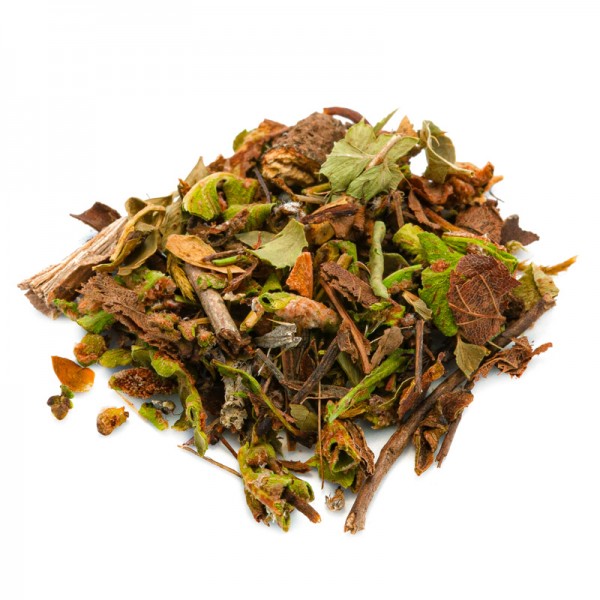









 No reward points for this product.
No reward points for this product.
